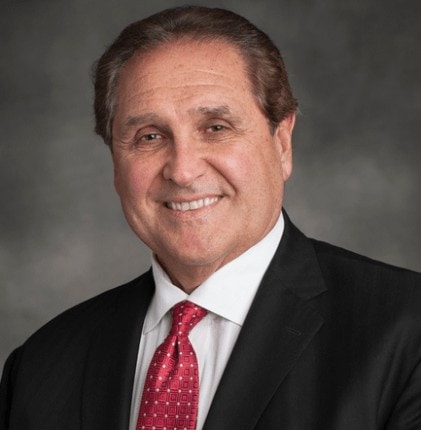
Less than a year ago nearly 80 percent of new mortgages were backed by a government guarantee. To suddenly remove the GSEs and Ginnie Mae would be disastrous; to remove it slowly over time does not guarantee that private markets would necessarily pick up the slack. Murin says, “Without the government guarantee, our housing industry would be left to the whims of a private market. We’ve already seen what private markets tend to do in times of economic crisis or hardship: they hunker down and mitigate risk.”
If the backstops did not exist, and the relatively uniform underwriting and origination standards the GSEs bring to the table disappeared, investors would become much more skittish on the secondary market. As MHProNews understands, the number of lenders (especially for smaller loans) would decline and fewer consumers would be buying homes because the cost of mortgages would inflate.
Murin realizes the GSEs need some changes, and taxpayers need to be protected from mortgage industry collapse and bailouts. But, he says, “Unless we, as a nation, have turned our back on the American Dream and the ideal that most (if not all) Americans should have access to affordable homes, we need to maintain, in large part, the role of the GSEs and Ginnie in that dream.” ##
(Photo credit: yahoo–Joseph Murin)

